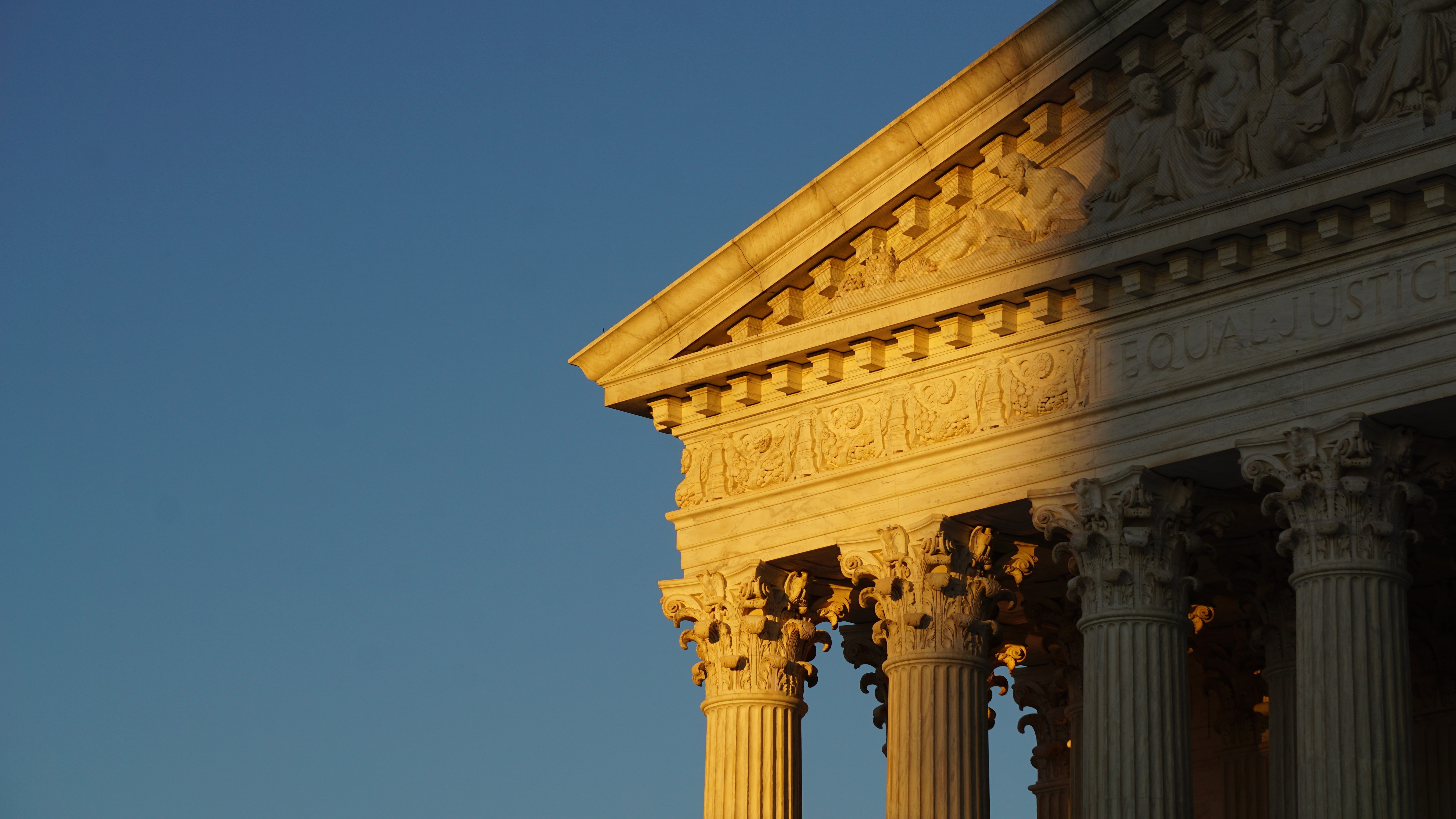Recent articles:

US POLITICS
10 Jul 2023 - Iniyal Ramamoorthy
“I think that I would still apply because I have confidence in myself, and you never know what the outcome will be unless you try, but I do think I would lack a little confidence in getting in,” tells Gabrielle Wilson, a rising senior at the De La Salle Institute at Chicago, to NBC News. Gabrielle is getting ready to apply to colleges this fall, and her college application process is just one of many in the United States that will be directly impacted by the Supreme Court’s ruling on affirmative action last month.
The decision of the Supreme Court on affirmative action has been much anticipated and has polarized many college-bound students, as well as society as a whole. Affirmative action, in college admissions, is the practice of favoring groups or minorities subject to discrimination in the process of choosing applicants for any particular institution. For many, this idea is about giving equal opportunity and a head-start to disadvantaged groups. The constitutionality of this precedent was set in the Supreme Court case Regents of the University of California v. Bakke in 1978. Still, the decisions in the cases Gratz v. Bollinger and Grutter v. Bollinger in 2003 were the ones that clearly laid out the conditions in which race can be used in the admissions process. The cases established that race can be considered as a “plus factor” in a holistic and “highly individualized” review of the candidates “because it serves a “compelling interest in achieving diversity among its student body. “ This precedent was upheld in Fisher v. University of Texas (2013 and 2016), which was a failed attempt at overturning the Bakke and Grutter cases.
In a dispute between the Students for Fair Admissions (SFFA) and the Fellows of Harvard College, the SFFA accused Harvard of discriminating against Asian American applicants and favoring white applicants instead . Harvard denied these allegations but did admit that it uses race as one of the many factors in deciding which applicants receive admission into their college. Citing the Equal Protection Clause, in a 6-2 vote , the court ruled that using race as one of the factors in admissions is unconstitutional in the first place. Justice Ketanji Brown Jackson recused herself from the vote , adhering to a promise she made while getting confirmed by the Senate Judiciary Committee.
Black Americans are more likely to say that selective colleges should consider race when accepting applicants , according to a survey conducted by the Pew Research Center. Because of this ruling, many Black teenagers are turning to Historically Black Colleges and Universities (HBCUs). Gabrielle is one of those students. In the aforementioned interview, she expressed her belief that due to the ruling, there will be less diversity in institutions of higher education and that Black students will be poorly represented across the nation. Latinx students will also be affected for the worse. They now make up 25% of kids in the public school system but are grossly underrepresented in the nation’s more prestigious colleges and universities. According to a study conducted by the Education Trust, Latinx enrollment at California’s top colleges is only 14%, even though Latinx students make up around 47% of high schoolers in the state.
Looking at the recent rulings of the conservative majority, including the Elenis case, which would allow businesses to discriminate against the LGBTQIA+ community, or the case ruling President Joe Biden’s student debt relief plan unconstitutional, one is left wondering whether the current Supreme Court is bringing American society forward or not in terms of achieving an equal society. The SCOTUS’s decision in the affirmative action case will inevitably change the lives of many students belonging to minority groups, as many prestigious-college hopefuls like Gabrielle may not be given an equal chance to receive the education they deserve.
Photo by Ian Hutchinson on Unsplash
Recent articles:


